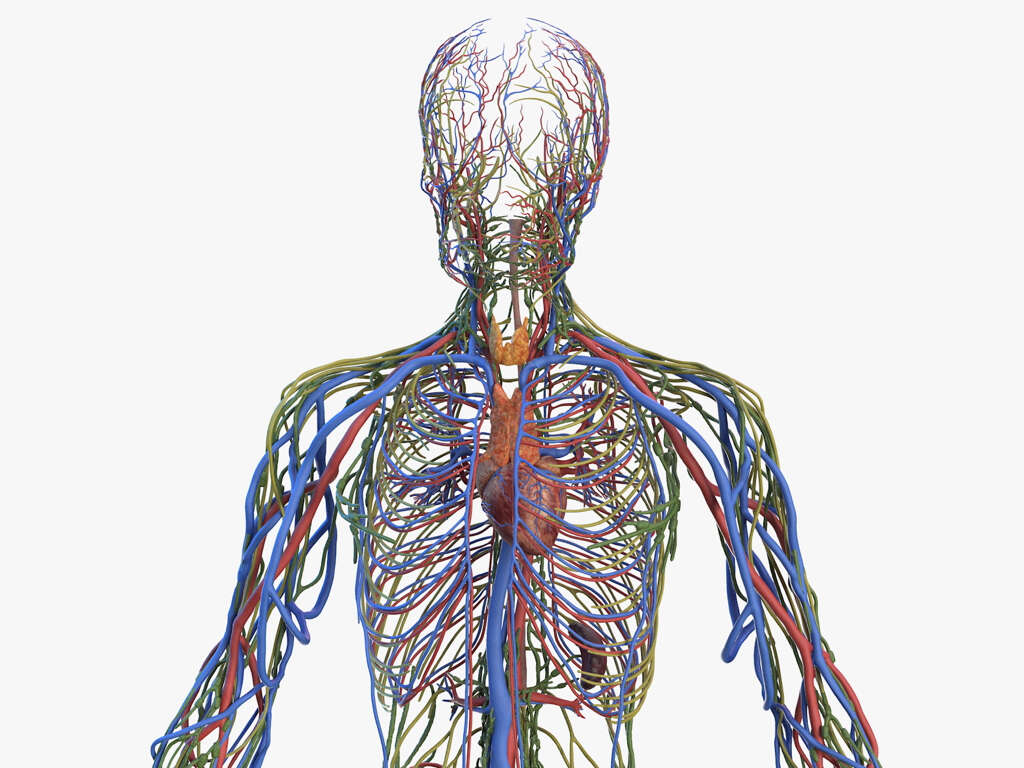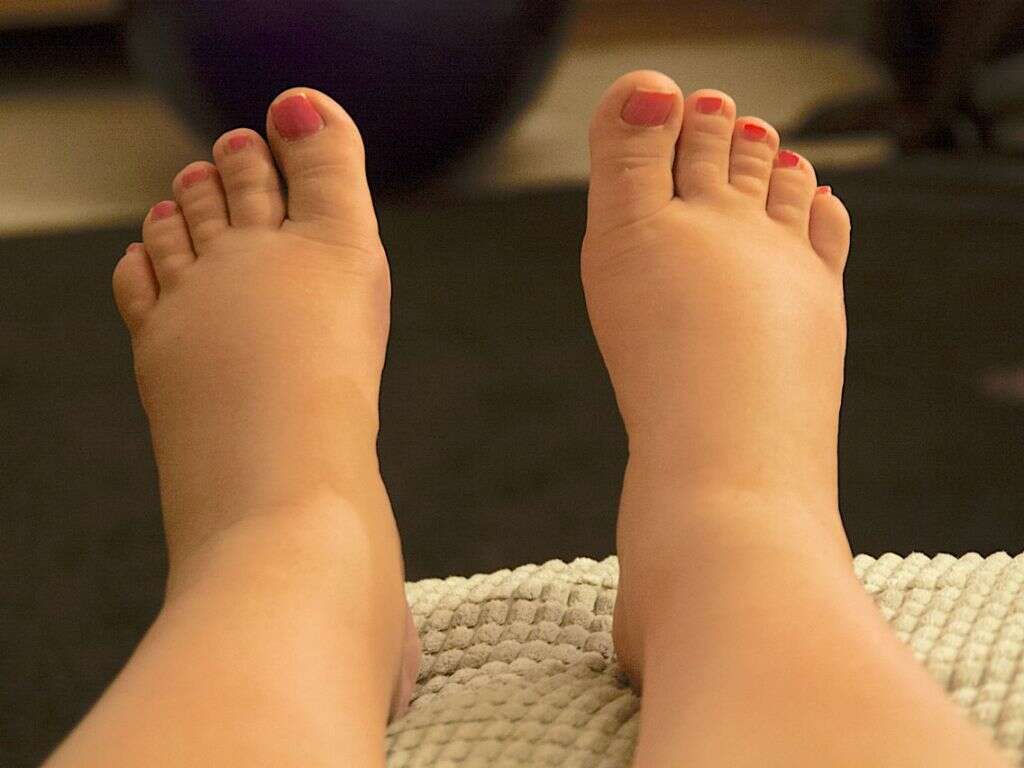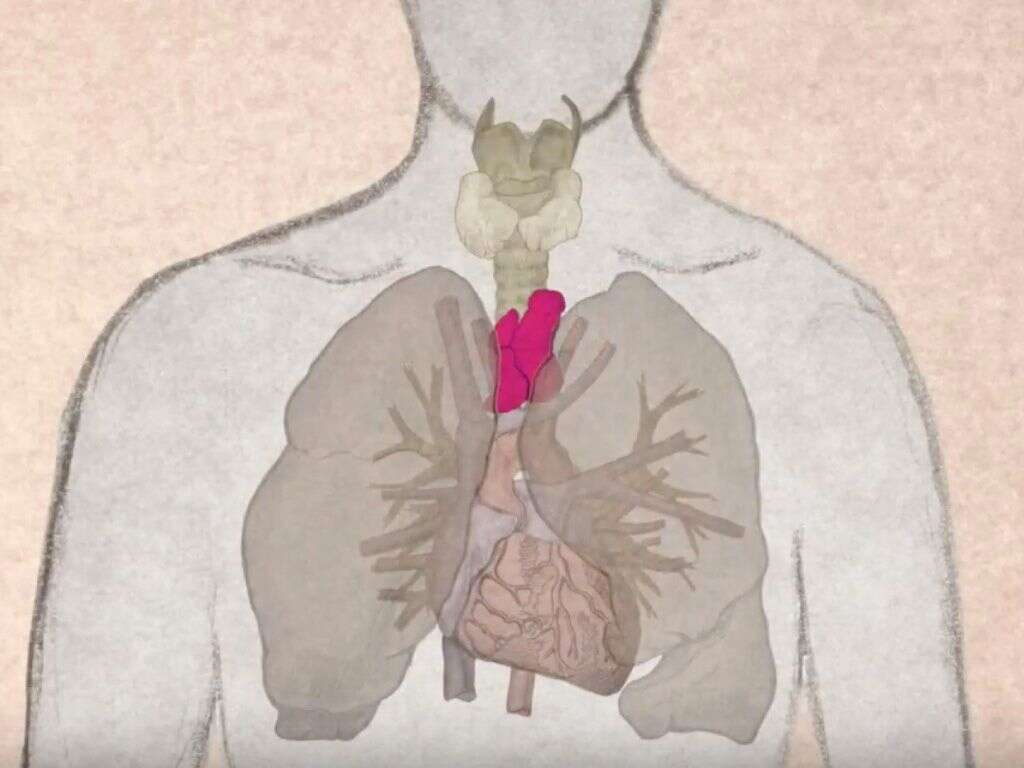What Is Lymphedema?
Edema is a condition that causes the feet and ankles to swell. It occurs when problems with the cardiovascular system mean that the blood and other fluids are not circulating as well as they should. This can result in excess fluids accumulating at the lower end of the body under the influence of gravity.
Lymphedema is a similar condition, only instead of it being caused by problems with the circulation system, it is caused by blockages with the lymphatic system. If the lymph, the fluid in the lymphatic system, is not able to flow as well as it could, then it can result in fluids accumulating in the limbs.
1. Symptoms
The symptoms of lymphedema can occur in the arms and/or the legs, and their severity can range considerably. Some people will barely even notice the condition, whereas others will find it effectively immobilizes the affected limb. In instances where it is the result of treatment for cancer, the symptoms may not appear for months, or even years, after treatment was received.
The main symptom is swelling, which can affect all of the arm and the digits. Patients can also feel discomfort and tightness in the affected area, in addition to thickening skin. Recurring infections are also a possibility.
2. Primary and Secondary
Lymphedema can be separated into two main categories: primary and secondary. Primary lymphedema means that the condition is a result of a genetic mutation. These mutations can affect how the lymphatic system develops and performs. It is often a hereditary condition, but it can also arise in people who don’t have a family with a history of the condition.
Secondary lymphoedema means that the condition resulted from some form of damage to a lymphatic system that was previously working fine. This can be down to various factors ranging from damage from diseases, to damage from surgery and road traffic accidents.

3. Infection
It is important to protect ourselves against infections as much as possible because they can turn into something quite serious. One way to help achieve this is to make sure that any wounds are cleaned and sterilized as soon as possible, while band aids and bandages can help to keep them safe. Infections can be caused by bacteria, viruses, and parasites.
They can cause some very unpleasant symptoms and severe cases can even be a direct threat to the patients life. One symptom that infections like filariasis and cellulitis can cause is lymphedema. If you do suspect you have a nasty infection then you should arrange to see a doctor as soon as you can.
4. Trauma
In some cases, lymphedema is caused by a physical trauma to the body. There is a wide range of events that could cause such a trauma, ranging from an accident at home, to a road traffic accident. Such accidents might cause physical damage to the lymphatic system, resulting in lymphedema. Lymphedema is most likely to occur when there has been tissue loss, and/or extensive bruising.
Thankfully, lymphedema will occur in a very rare number of cases. Regardless, if you do experience a swelling in your limbs after receiving injuries then you should make sure to speak with a medical professional as soon as possible.

5. Cancer Surgery
Cancer is a condition that is notorious for being difficult to cure, even though we are getting better at treating it. It can cause some very unwelcome symptoms indeed and, in many cases, it will result in a fatality. Depending on the type of cancer involved, treatment might mean removing parts of the lymphatic system.
Cancers that sometimes require this treatment include breast cancer, genitourinary cancers, gynecological cancers, and skin cancer. While surgeons will generally try and cause as little damage to the lymphatic system as possible, it is unavoidable in some cases. There is a higher risk of lymphedema when lymph glands are removed.
6. Radiotherapy
Radiotherapy is a type of cancer treatment that focuses on directly damaging the cancer cells. It achieves this by directing high energy beams of radiation directly at the cells that need to be destroyed. Although it can be quite effective at the task, it needs to be used sparingly. This is because too much radiation is dangerous for us, and because it will also damage healthy cells.
In some cases, radiotherapy can cause permanent damage to the patients lymphatic system. The type of damage caused can mean that lymph is unable to drain properly, and this can result in lymphedema.
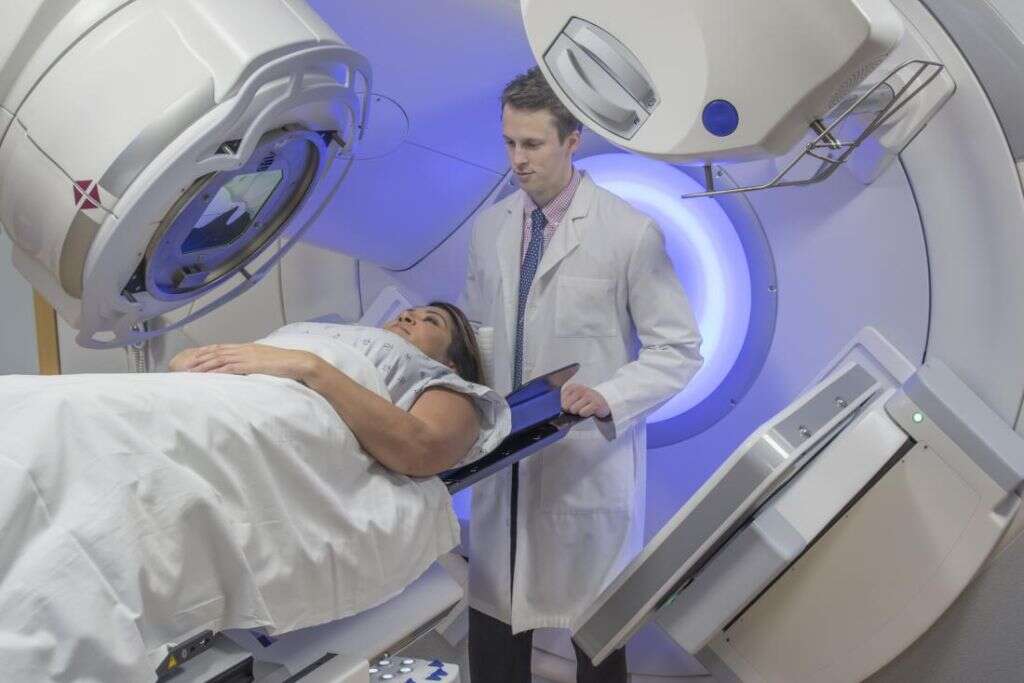
7. Inflammation
Our bodily tissues are prone to inflammation. There are many reasons that it can happen and, when it does, it can cause some very unpleasant symptoms. Many people will experience the symptoms as aches and pains when they are ill. This happens because the body releases chemicals into the body to defend it, and these chemicals can cause the inflammation.
Inflammation can sometimes be severe, and it can sometimes lead to permanent damage. Conditions like eczema and rheumatoid arthritis, for example, can cause inflammation that results in permanent damage to the lymphatic system. This damage can then result in lymphedema in some cases.
8. Obesity
Being obese is very unhealthy for us. It places a lot of pressure on our bodies, making our organs work far harder than they would usually have to. It can lead to problems in the short term, and can also present real dangers for us in the long term. When people are obese, their fatty tissues can cause problems with the lymphatic vessels, limiting the flow of lymph.
This can, in turn, result in lymphedema. The swelling will usually go away if/when the patient reaches a healthy weight, while it is always recommended to live healthily anyway for the sake of your overall health and well-being.
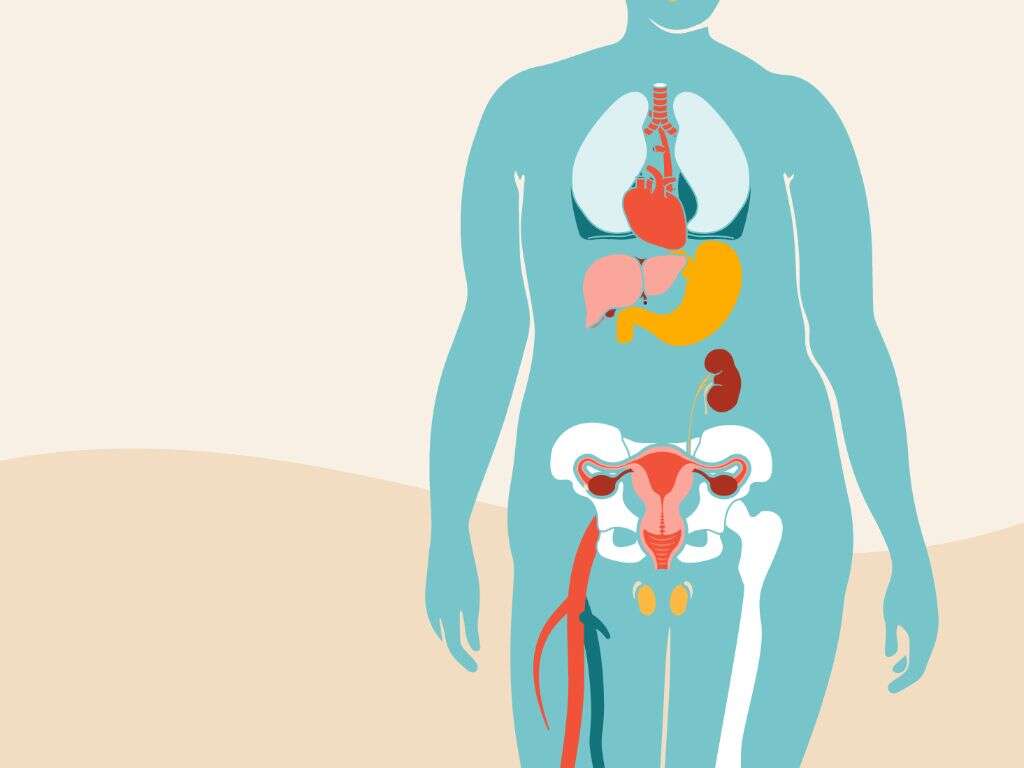
9. Immobility
Being active is very important for our health. It helps to exercise our heart and ensures that our lungs are in good shape. It also helps to strengthen our muscles, and helps to make sure everything is running smoothly as it possibly can be overall. It also helps to ensure the lymphatic system is running as well as it should.
As mentioned, lymph is circulated with the help from a series of valves, and the contractions of our muscles. If we are inactive then these contractions will not be taking place enough, meaning the lymphatic system does not circulate as well as it should.
10. Venous Diseases
Some people will develop problems with their veins, such as varicose veins and deep vein thrombosis. Conditions like this will sometimes cause fluids to flow out from the veins and into the tissues to create tissue fluids. The lymphatic system will then be responsible for helping to drain away these excess fluids.
Depending on the severity of the overflow, the lymphatic system can become overwhelmed with the volume of fluids that need draining. This can result in an excess of fluids in the lymphatic system, and this can result in lymphedema. Fortunately, most venous diseases are treatable with medication, although surgery might be necessary in some cases.



